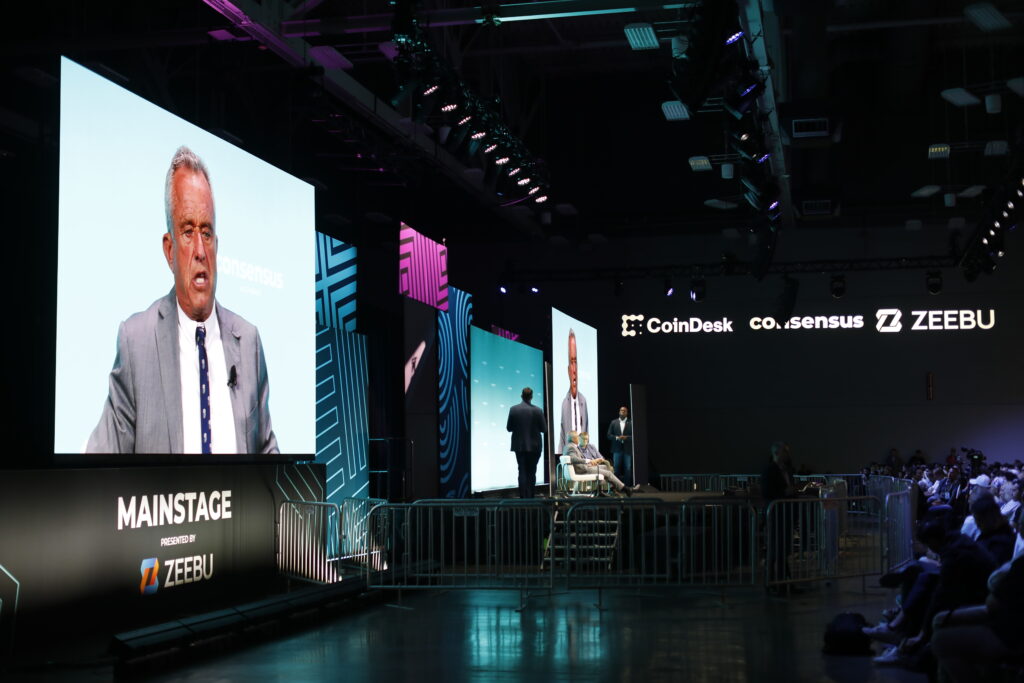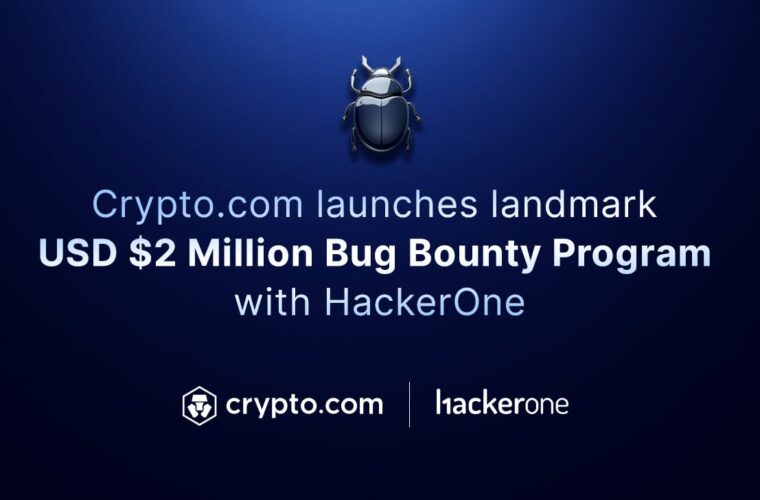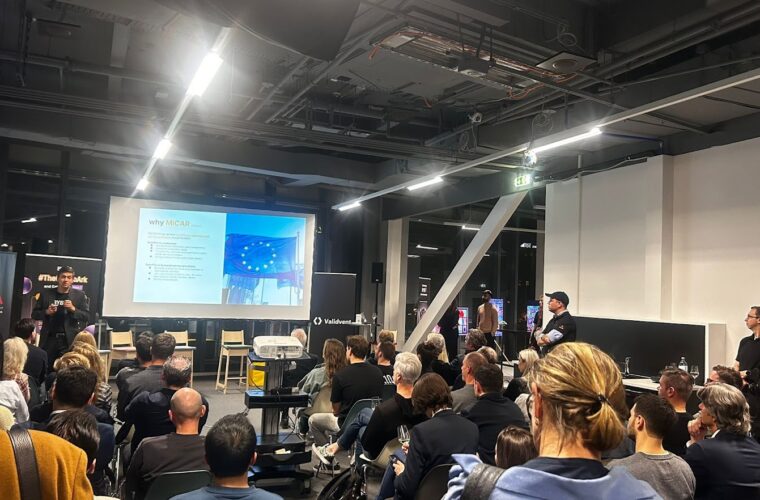Politics meets cryptocurrency at major US conference Consensus 2024 draws the digital assets world together, with politicians expressing their support for cryptoYou would be forgiven for saying that years ago, the political realm avoided anything related to digital assets. Cryptocurrencies are a form of digital currency secured through cryptography and computer networks, providing semi-anonymity for buyers and sellers.
According to Investopedia, Governments tend to steer clear of cryptocurrency for a number of reasons despite its popularity. In its current form, bitcoin presents at least three challenges to governments. The first is that, up until now, it cannot be regulated. The second is that criminals tend to use it, and the third can arguably help citizens circumvent capital controls.
Despite this, it’s estimated that as of this year, 6.8 per cent of the global population owns cryptocurrency, with over 560 million cryptocurrency users worldwide. So, just what is it that makes digital currency so appealing to the masses? I visited one of the largest crypto-specific conferences in existence to find out.
Consensus 2024
Held in Austin, Texas, earlier this month, Consensus 2024 saw everyone in the crypto world join forces to network, trade, discuss and learn all the latest trends and terms in digital asset development. The Austin Convention Centre drew an eclectic mix of attendees, from crypto-bros to exhibitors, founders to startups, and even some of the figures associated with The White House.
It welcomed over 350 of the most influential figures in the digital assets space, along with 15 thousand attendees, each of whom were invited to attend a series of presentations, panel discussions, and exciting networking sessions showcasing the latest developments and trends across payments, NFTs, Web3, DeFi, regulation, investment, AI, and the Metaverse. Speakers at the event included Cathie Wood, CEO of ARK Invest; Mike Novogratz, Founder and CEO of Galaxy; Anthony Pompliano, Pomp Investments; Sergey Nazarov, Co-Founder of Chainlink; and Ron Wyden, Chair of the Committee on Finance at the US Senate.
One of the star attractions, however, was a panel discussion with Robert F. Kennedy Jnr, which Michael Casey, Chair of Consensus, hosted. The son of the US Attorney General, Senator Robert F. Kennedy and nephew of 35th US President John F. Kennedy, RFK Jr remains a prominent member of one of America’s most influential political dynasties. After dropping his democratic bid in October last year, RFK Jr is running as an independent candidate for the upcoming 2024 presidential election. Throughout his campaign (despite being in his 60s!), he has been a vocal advocate for cryptocurrency and even recently proposed putting the entire US budget on the blockchain!
Consensus Chair Michael Casey spoke to Robert F. Kennedy Jnr. About bitcoin ownership, the political-crypto divide in the US and issues facing digital assets. Robert F Kennedy Jnr. said, “I think transactional freedom is one. We need sovereignty over our own wallets, transactional freedom, and a currency that is transparent. We need to make sure America remains the hub of blockchain technology. I’m going to make sure crypto currency is regulated in a way that protects the consumer from deceptive schemes. I purchased twenty-one bitcoins since I started this campaign. I also bought three coins for each of my kids.”

In addition to the US presidential candidate’s support for technology and cryptocurrency, in his panel discussion, he added that he hopes it can be used to make day-to-day purchases in the future. “My objective if elected President is that crypto is a transactional currency. That people can have transactional freedom, that people have a choice as to whether they can buy it. I think it should be treated as a currency, we shouldn’t be taxing it as capital gains. I think there are issues in how we do that. I believe that it should be a currency used to purchase things like apples, lunches and coffee and that people can do that.”
Crypto conference
In addition to a colourful mix of speakers, a significant announcement that could positively impact the future of cryptocurrency was also made. On day two of Consensus, The New York Stock Exchange revealed they would be collaborating with CoinDesk Indices to launch cash-settled index options, tracking the CoinDesk Bitcoin Price Index (XBX), the longest-operating spot bitcoin index. In simple non-crypto terms, it marked a sizable movement towards digital currencies one day being seen as physical cash.
Speaking about the collaboration between technology and the NYSE, Lynn Martin, President of The New York Stock Exchange, said, “I think it’s instructive that it took us a year and yes, I know, I’m here to get from two plus two to two plus one. I don’t know how many years to get from T plus three to T plus two. So the compression of time to innovation and the settlement cycle is clearly moving at a faster pace. The technology that underpins crypto, specifically blockchain is great technology and obviously it’s something the industry will continue to look at to see how it can be used to make settlement more efficient and more transparent.”
It was an exciting announcement that set the stage alight for the many crypto traders, investors, startups and speakers who all turned out to learn more about the future of digital currency, which continues to soar in popularity. Although cryptocurrency was born out of the great recession, a recent report from McKinsey states that global payments revenue from it is expected to top 2.7 trillion euros by 2026. Such sizable value indicates that Robert F.Kennedy’s predictions could ring true and that we may, shortly, be able to trade bitcoin for lunch bags.



